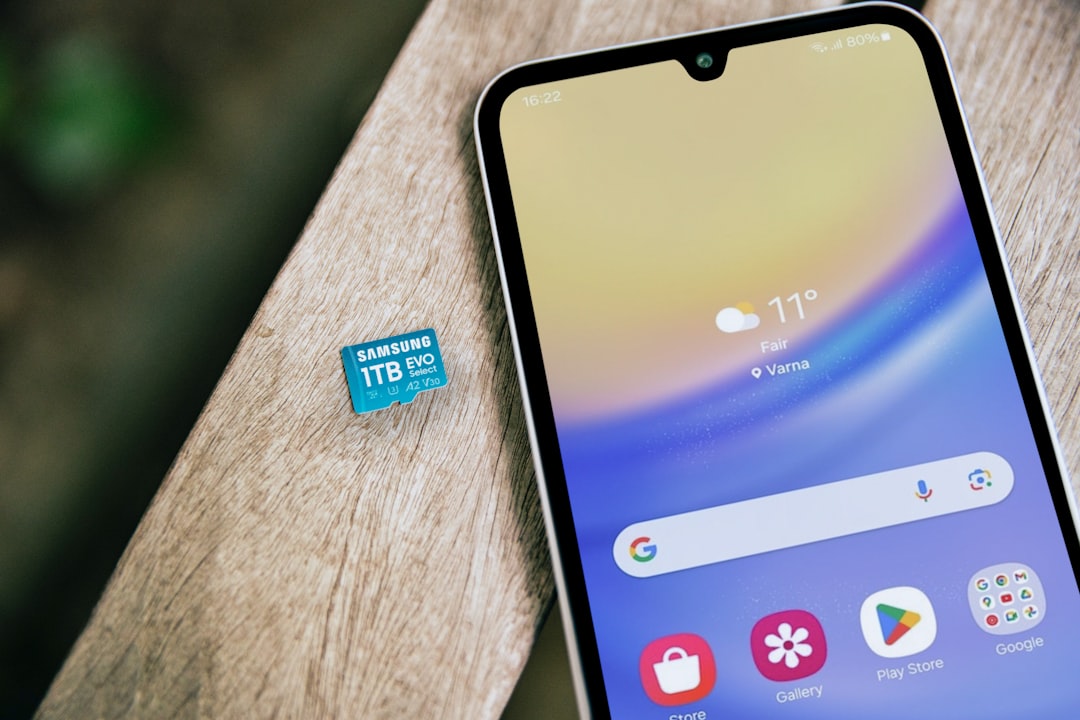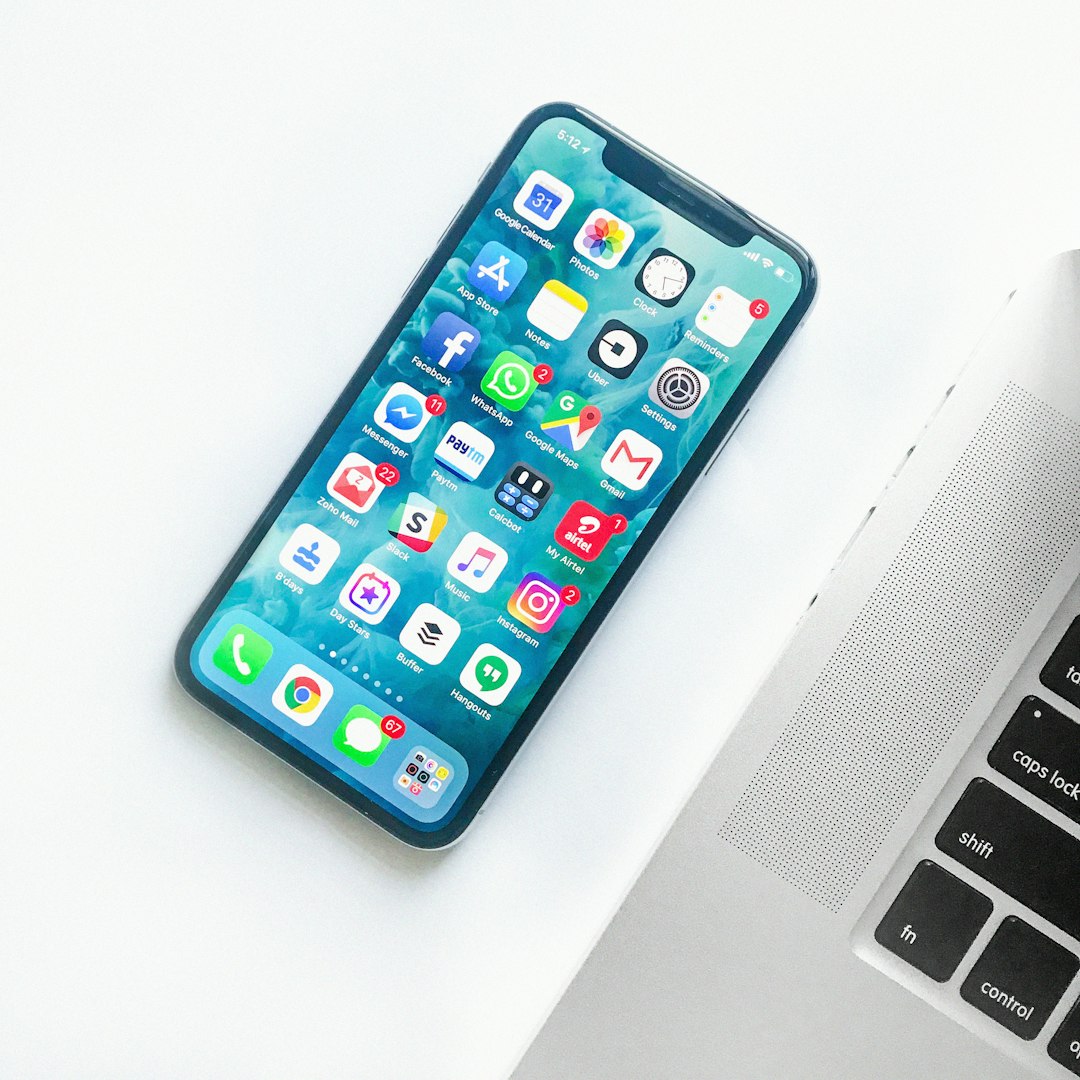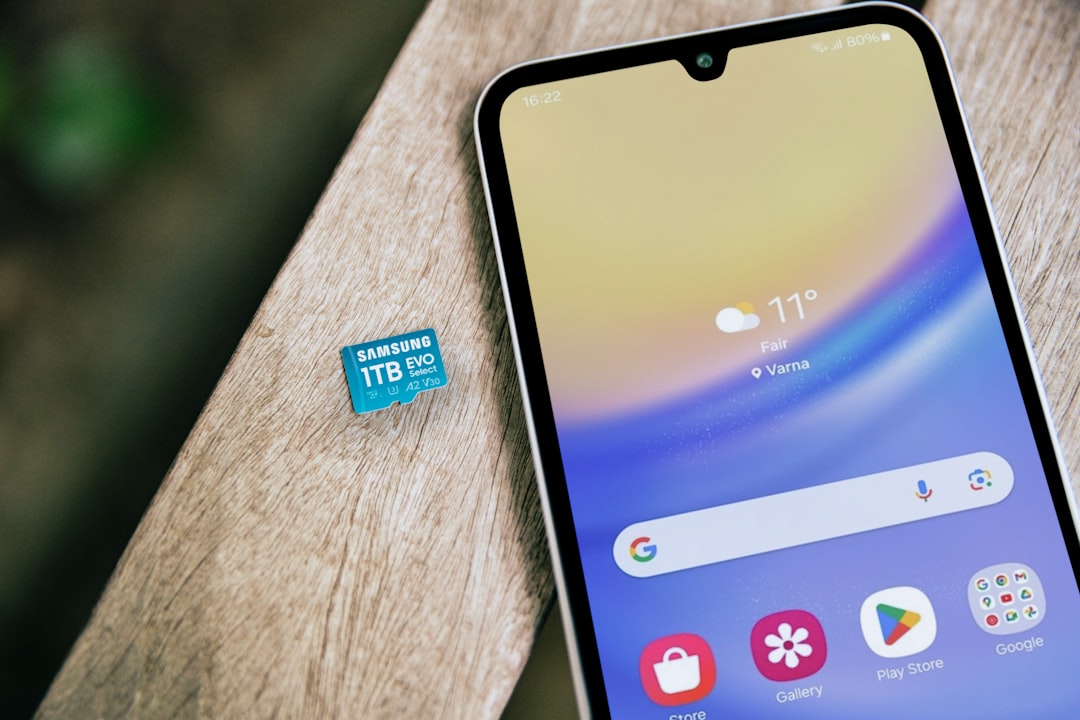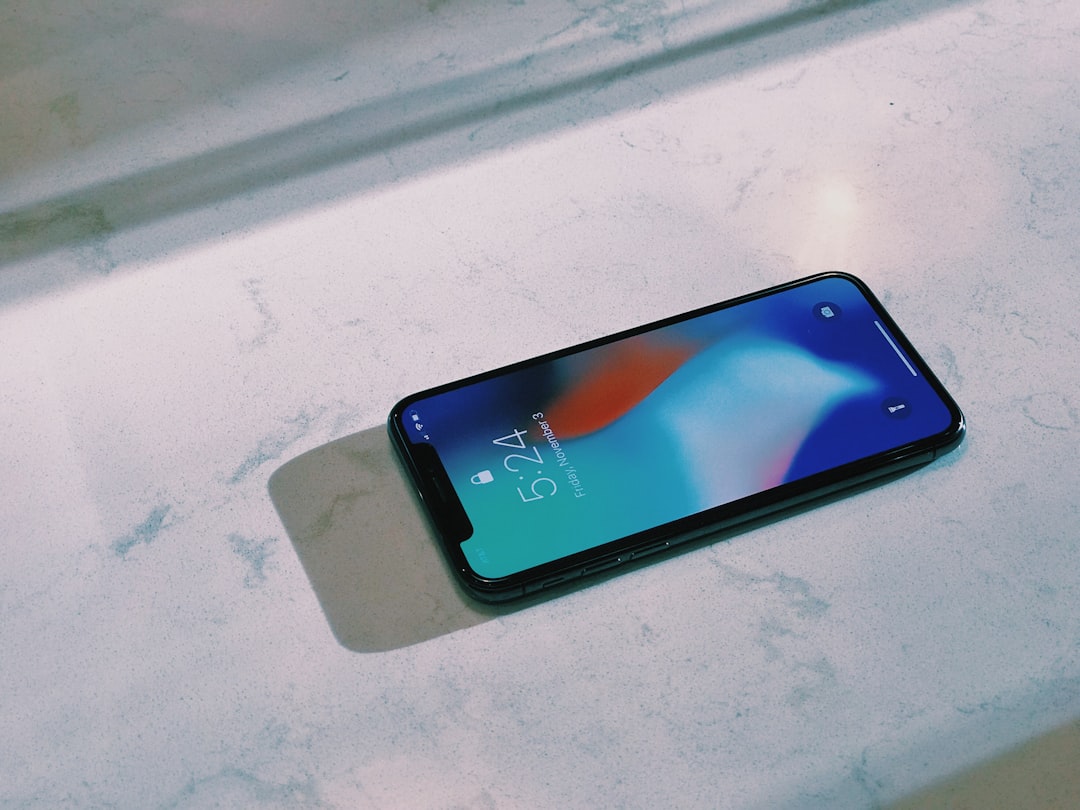Robocalls are regulated in New York by laws like the TCPA to protect consumer privacy. Engaging a lawyer for robocall cases is important for citizens' rights. Strict regulations penalize violators, and user trust is built through transparent apps with call customization and origin transparency, ensuring legal compliance.
In today’s digital age, robocalls have become a ubiquitous yet often intrusive part of our lives. With concerns rising about privacy and consumer protection, especially in states like New York with stringent laws (like the Telephone Consumer Protection Act), there’s a growing need for robust solutions. This article explores how legal frameworks protect personal data from robocalls and delves into innovative app features designed to enhance transparency and build user trust, empowering individuals to reclaim control over their communication privacy. For those seeking guidance, consulting with a lawyer specializing in robocall laws in New York can offer tailored advice.
Understanding Robocalls and Privacy Concerns in New York

Robocalls, automated phone calls or texts sent en masse, have become a ubiquitous part of modern communication, often carrying important messages from banks, healthcare providers, and even political campaigns. However, they also raise significant privacy concerns, especially in a state like New York with stringent consumer protection laws. In New York, a lawyer for robocall issues can guide citizens on their rights and the legal protections available against unsolicited calls, particularly when personal data is involved.
With the proliferation of robocalls, many residents have expressed worry about their privacy, as these automated messages can sometimes contain sensitive information or lead to identity theft. New York’s regulations, such as the Telephone Consumer Protection Act (TCPA), are designed to protect consumers from unwanted calls and ensure their personal data is not misused. Engaging a legal expert specializing in robocall cases can help New Yorkers understand their rights and take appropriate action if they believe their privacy has been invaded due to unsolicited or abusive robocalls.
Legal Framework: Protecting Personal Data from Robocalls

In the United States, particularly in New York, the legal framework surrounding personal data privacy is stringent, especially when it comes to robocalls. The Telephone Consumer Protection Act (TCPA) is a pivotal piece of legislation designed to curb unsolicited telephone marketing practices and protect consumer privacy. This law prohibits automated or prerecorded calls from contacting consumers without their prior explicit consent. Violations can result in substantial penalties, making it crucial for both businesses and individuals to understand their rights and responsibilities.
New York State also has its own set of regulations that complement the TCPA. The state’s laws emphasize the importance of consumer consent and provide additional safeguards for personal data. Consumers in New York have the right to file complaints against robocallers who invade their privacy, and a lawyer specializing in robocall cases can guide them through this process. Engaging such legal expertise is essential when dealing with potential TCPA violations or seeking redress for unwanted robocalls that compromise personal data privacy.
Building Trust: App Features for Robocall Transparency

Building trust is paramount in a world where personal data privacy concerns are on the rise, especially with regard to robocalls. To gain and maintain user confidence, a robust robocall app should incorporate transparent features that showcase its commitment to protecting private information. One such feature could be a comprehensive settings section allowing users to customize their preferences for call reception, including the ability to blacklist specific numbers or types of calls (e.g., sales, surveys).
Furthermore, an innovative “Call Origin Transparency” tool could provide insights into the source and identity of incoming calls, empowering users to make informed decisions about whether to answer. This is especially relevant in New York, where strict laws regarding telemarketing practices are in place, giving consumers significant control over their communication experiences. By enabling users to easily verify call origins, the app fosters a sense of security and ensures compliance with privacy regulations, thereby solidifying its reputation as a reliable solution for managing robocalls.






